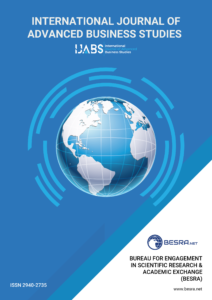Sanya Mithani, Ts Dr Noraini Ahmad, Assoc Prof Dr Rohana Sham
Asia Pacific University of Technology and Innovation, Kuala Lumpur, Malaysia
*Corresponding e-mail: tp071973@mail.apu.edu.my
noraini@apu.edu.my and Rohana.sham@apu.edu.my
Abstract
Women’s entrepreneurship has emerged as a catalyst for economic growth and social progress in developing economies. However, despite their potential, women face multifaceted barriers that hinder their entrepreneurial aspirations and business success. So, the purpose of this research is to explore the barriers to a woman’s intention to starting a new business in the rural context. Using a quantitative approach, primary data is to be collected through self-administered questionnaires from a sample of 385 women from two administrative districts of rural Sindh, Pakistan. For aspiring women entrepreneurs this research has the potential to provide insights into the opportunities and obstacles that women business owners in Pakistan encounter, as well as for policy makers and NGOs, it can provide direction for the development of specific interventions to overcome these obstacles. This paper focuses on examining the relationship between the four barriers, family support, patriarchal culture, entrepreneurship education, and financial barriers, and entrepreneurial intention of rural women of Badin, Pakistan, with mediating effects of self-efficacy and moderating effect of marital status, which have not been studied before, making it original and valuable to the existing literature.
Keywords: women entrepreneurship, family support, patriarchal culture, entrepreneurship education, financial barriers, entrepreneurial intention, self-efficacy, marital status
DOI: https://doi.org/10.59857/IJABS.7139

